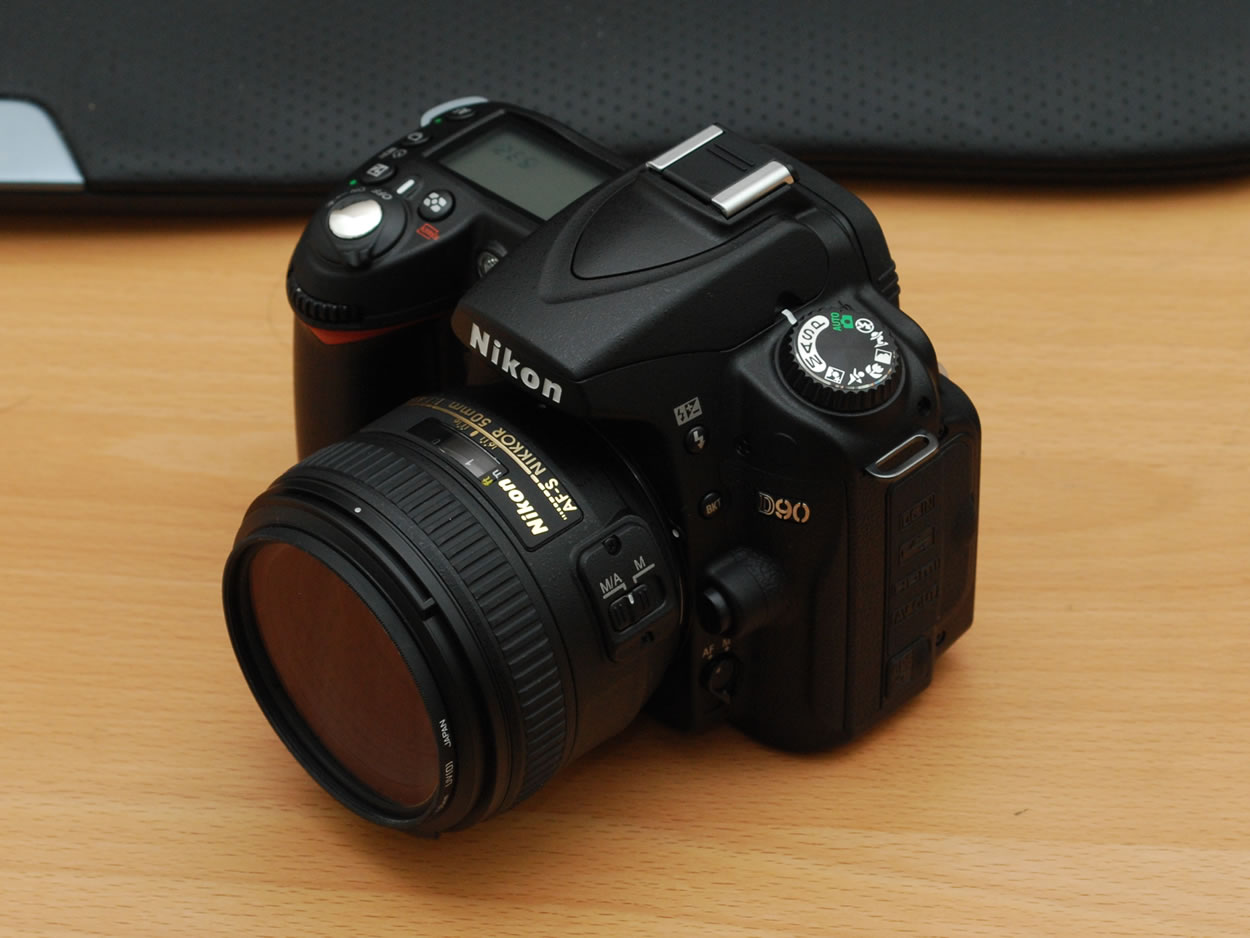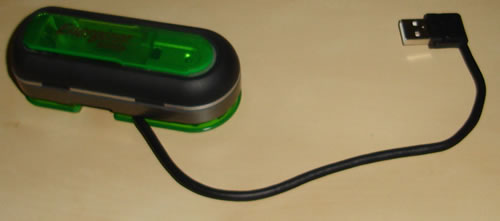Although I'm technically on holiday, I've been as busy as hell running around getting stuff done, and as of such haven't had much time to blog. Running errands has kept me very busy just about all the time, so I thought I'd spend some time blogging here.uranium238 went through similar camera changes - although my schedule was vastly accelerated due to certain coincidences, so to speak.
I went through quite a few cameras in the past half year, all of which you'd agree are progressive upgrades - and the surprising stories behind them.
The first upgrade occured when my Sony CyberShot DSC-S40 point-and-shoot camera just died on me. It didn't actually die of course, just a series of malfunctions that renders the camera difficult to use - the lens cover started having mechanical problems, although nothing a little ingenuity couldn't fix. Soon after, the LCD just failed to operate altogether. I did have a viewfinder, and I could indeed use the camera viewfinder style, but having no way to set flash settings or anything, I set about looking for a new camera.
Now, at the time, I had the misconception that dSLRs were difficult to use and that I wouldn't get my money's worth spending the several hundred extra dollars on an dSLR - I wasn't much of a photographer and I didn't spend all that much time taking photographs. Why buy a complex dSLR that would cost me over double and do less and cover less zoom range? I did a lot of research - running all over the place, considering most of the superzooms (with the exception of the Canon Powershot S5 IS, which has since been superceded by the Canon Powershot SX10 IS - which is a superzoom.) - since they gave a lot of control over the how the camera worked, and were both smaller and cheaper than dSLRs.
I ended up settling with a Panasonic DMC-FZ18 for a short while. It was great - 18x zoom and a 28mm wide end for the less gave a lot of leeway for getting stuff done - and the close focusing for macro was great. I took several hundred shots with this camera. There was something wrong with it though: it was a great camera, but like many point and shoots (no matter how glorified and how big) - taking photos in low light just sucked. Still - it was the first camera I had with image stabilisation: and I was amazed at how well it worked for those crazy shots at 18x (504mm).
The next upgrade was much a surprise - someone had put up a Nikon D60 + twin VR lens kit up for sale for cheap. I quickly snapped it up (egged on by chewxy), whether for the opportunity to sell it for profit or just for use myself was a matter for another day. It took a while to get used to using a viewfinder again (I used to use my dad's film SLR.) after so many years of using an LCD to compose and shoot. Of course, now I love using a viewfinder so much that even when I picked up my FZ18 again, I looked through the viewfinder to compose. What was I surprised by? The camera was actually easier to use than a point and shoot. Sure, you have to hold the camera to your eye, and yes, you no longer have a 100% viewfinder to compose with - but guess what, the camera actually makes it difficult for you to screw up. Photos are rarely too dark or too bright, the camera knows when to fill flash (so you don't have to), that's not even mentioning there is quite a gain in sharpness and detail from the mere camera change. And of course, I finally found the feature I was looking for all along - great high ISO performance. Life was good. Well, for a while.
Forking out the extra money on the D60 was indeed a problem: this actually threw a spanner into my plans to eventually acquire a Nikon D90 sometime in 2009 or 2010. This caused me to accelerate my plans. I quickly sold my D60 and my FZ18 (and several other odds and ends). Amazingly enough - this raised me just enough cash to buy a Nikon D90. The jump from the D60 to the D90 may not seem like much. The D90 has 2 more megapixels, an AF motor, live view, movie mode, slightly better viewfinder, better AF system and so on. That's of course, all in the specifications. Stuff you don't see in the specifications? On the D60 - you had to consider whether or not to turn on ADR - on the D90, it's a no brainer - just turn it on. The D90 is so much faster at processing photos, even slower shutter speeds actually seem faster. It's also a lot more aggressive at keeping the LCD off - no wonder it no longer has an eye sensor.
Now that I'm back on my original plan - I don't think I'll be changing cameras for the next few years. Heh.








